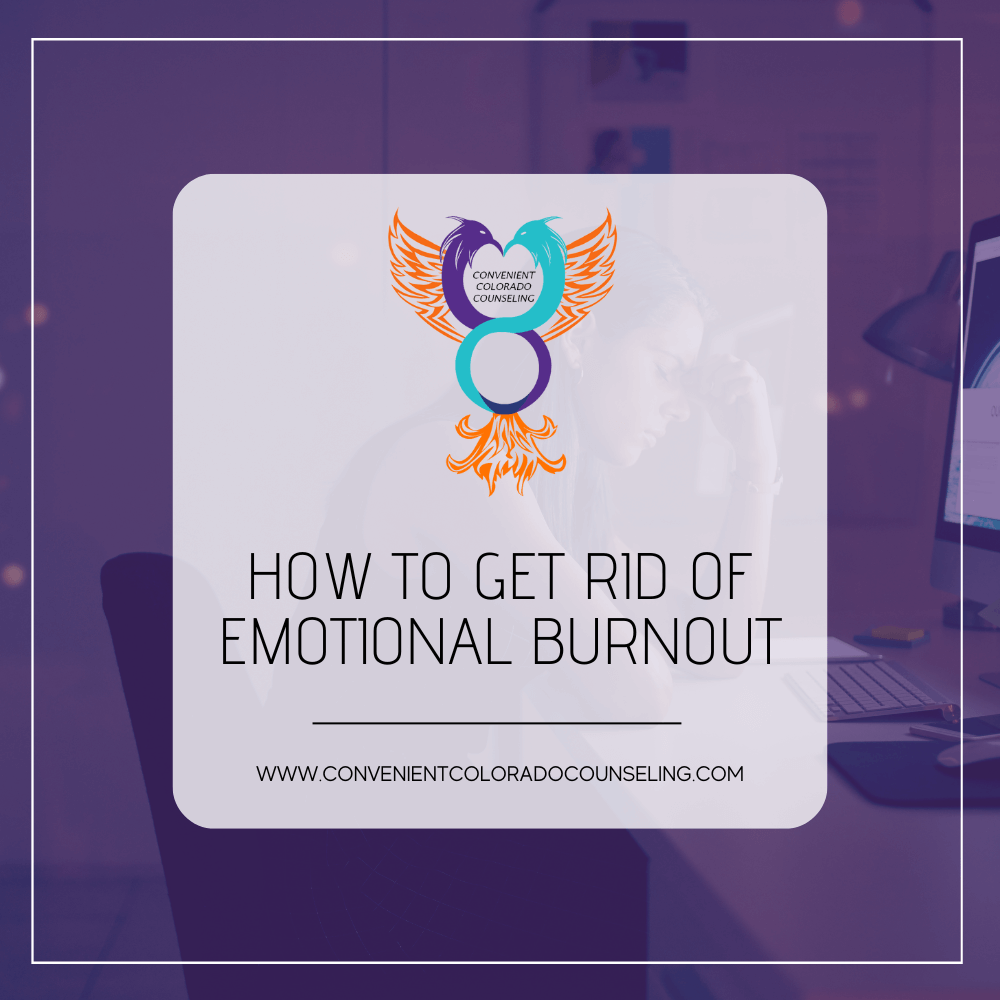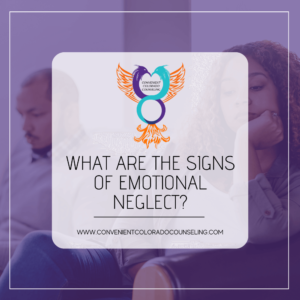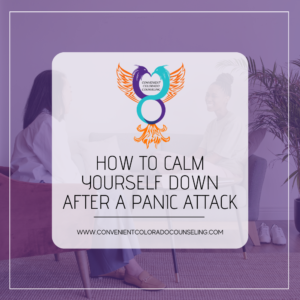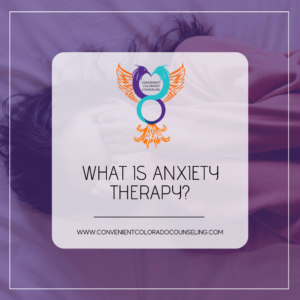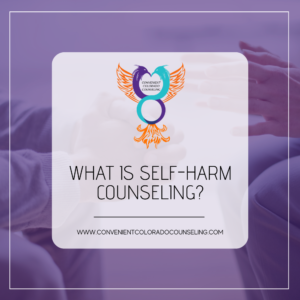Emotional burnout is a state of physical, mental, and emotional exhaustion. There are many reasons why someone might experience emotional burnout. It could be due to work-related stress or relationship problems. Burnout is more than just feeling tired, it’s a chronic state of stress that can lead to serious health problems if not dealt with. That’s why it’s crucial to learn how to get rid of emotional burnout when you start to feel its effects.
At Convenient Colorado Counseling, I am a Licensed Professional Counselor in Colorado. I have helped many people manage their stress, set boundaries, and cope with emotional burnout. My goal as an online therapist is to provide you with the support and guidance you need to heal from burnout. I am here to be a mental health resource for you, whether you are currently experiencing burnout or want to prevent it.
Want to discover how to get rid of emotional burnout? Keep reading.
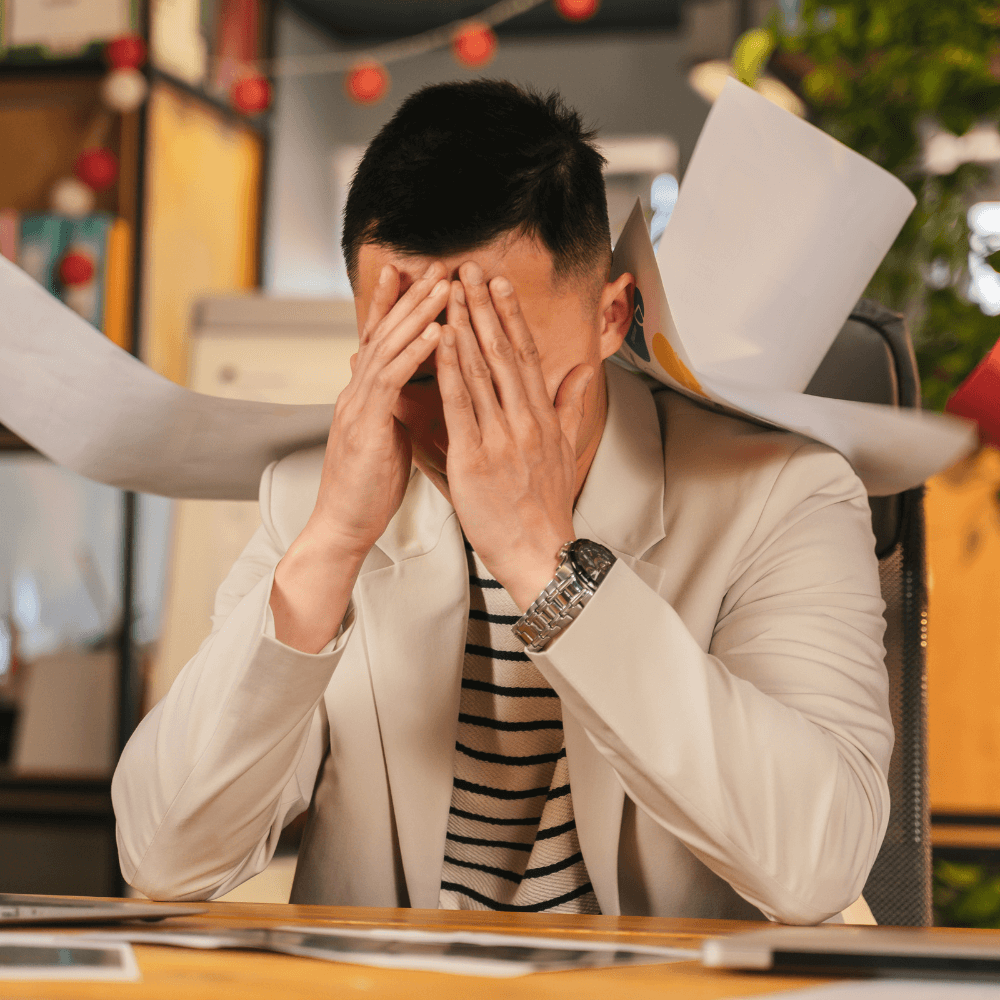
What is Emotional Burnout?
Emotional burnout is a state of mental exhaustion. It is often caused by chronic stress, whether from work, relationships, or other areas of life.
When someone is emotionally burned out, they may feel like they are constantly running on empty. They may have trouble sleeping, concentrating, or managing their emotions. Emotional burnout can lead to serious health problems if not dealt with, so it’s important to be aware of the signs and symptoms.
Symptoms of Emotional Exhaustion
The most common symptom of emotional exhaustion is feeling drained all the time. This can manifest as physical fatigue, mental fog, or both. Other symptoms include:
- Irritability or short temper
- Anxiety or depression
- Insomnia or difficulty sleeping
- Loss of interest in activities you used to enjoy
- Social withdrawal
- Difficulty concentrating
- Memory problems
- Lack of motivation
- Changes in appetite
- Headaches
- Stomach problems
- Feelings of hopelessness
If you are emotionally burned out from your job, you may also experience job dissatisfaction, decreased productivity, or absenteeism.
If you are experiencing any of these symptoms, it’s important to reach out for help to get rid of emotional burnout. Emotional burnout is a serious condition that can have a negative impact on your mental and physical health.
What Causes Emotional Burnout?
There are many different causes of emotional burnout. It can be caused by work-related stress, relationship problems, or any other type of chronic stress. Some people are more susceptible to emotional burnout than others. This may be due to genetics, personality type, or previous experiences with trauma or stress. If you have a history of anxiety or depression, you may also be more likely to experience emotional burnout.
Emotional burnout is more common in people who have jobs that are high-stress, such as doctors, lawyers, or first responders. But it can happen to anyone who is dealing with chronic stress. Not to mention, triggers vary from person to person. So, what causes emotional exhaustion for one person may not be a trigger for another. Some examples of causes of emotional burnout include:
- Work-related stress: This can be due to long hours, high demands, job insecurity, or a toxic work environment.
- Relationship problems: This can include anything from divorce or breakups to caregiver stress or dealing with a difficult family member.
- Other life stressors: This can include things like caring for a sick family member, financial stress, moving to a new city, or other life transitions.
The most important thing to remember is that emotional burnout can happen to anyone. If you are dealing with chronic stress, it’s important to be aware of the signs and symptoms so you can seek help and get rid of emotional burnout.

The Effects of Not Dealing with Emotional Burnout
If you don’t deal with emotional burnout, it can have serious consequences on your mental and physical health. Some of the potential effects include:
- Anxiety and depression
- Increased risk of heart disease
- High blood pressure
- Type 2 diabetes
- Gastrointestinal problems
- Headaches
- Dizziness
- Fatigue
- Muscle pain
- Weakened immune system
How to Heal from Emotional Burnout
If you’re dealing with emotional burnout, it’s important to reach out for help. This can mean different things to different people. Some people may benefit from therapy, while others may find relief in medication or alternative treatments.
The most important thing is to find what works for you and stick with it. Remember, healing is a process, not a destination. Be patient with yourself and give yourself time to recover.
Here are some tips to get you started on how to get rid of emotional burnout:
- Identify your triggers: What are the things that cause your stress? Once you know what they are, you can start to avoid them or manage them better.
- Make time for yourself: This can mean taking a few minutes every day to relax or taking a weekend getaway. It’s important to find time to do things that make you happy and help you relax.
- Reach out for support: Talk to your friends and family or join a support group. It can be helpful to talk to people who understand what you’re going through.
- Get professional help: If your symptoms are severe, it may be helpful to see a therapist or counselor. They can help you develop coping mechanisms and work through your stressors.
- Take care of yourself: This means eating a balanced diet, exercising, getting enough sleep, and avoiding alcohol and drugs. Taking care of your physical health is essential for your mental health and emotional state.
If you’re dealing with emotional burnout, know that you’re not alone. Seek help from a professional if you need it and take care of yourself. With time and patience, you will heal.
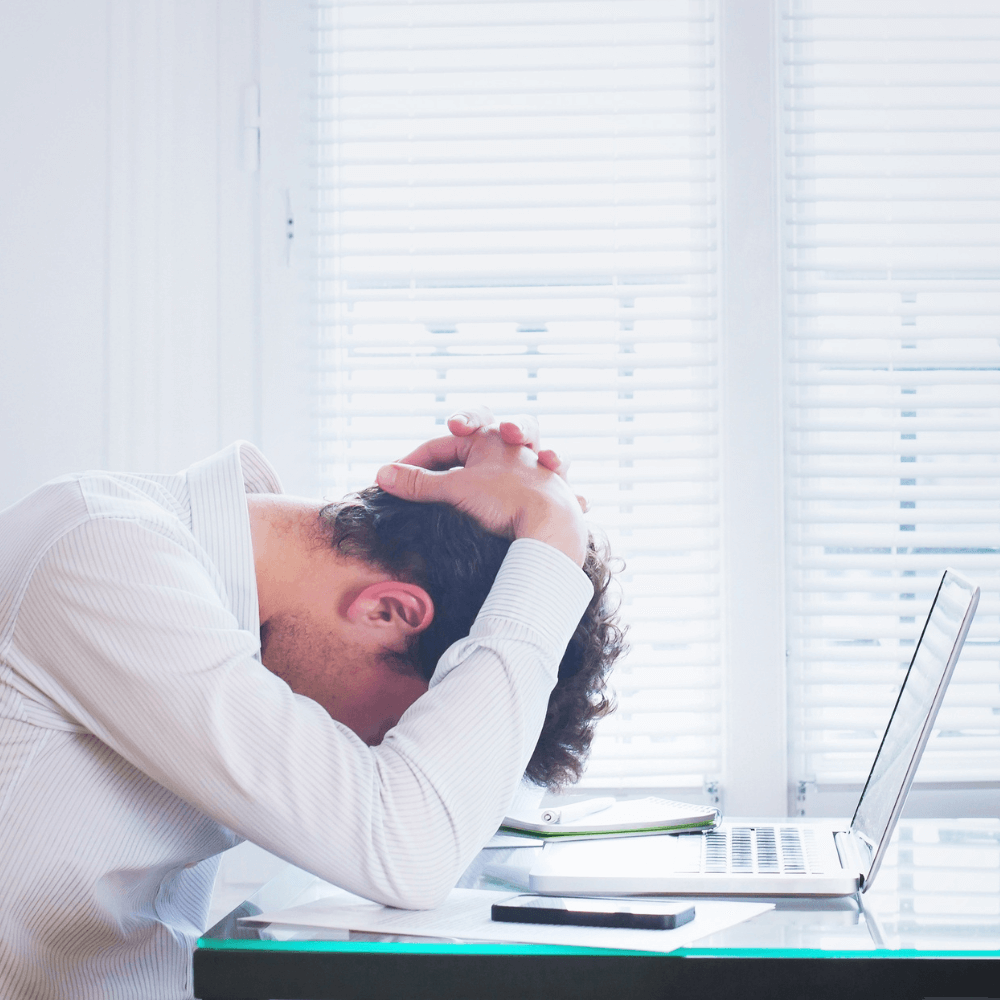
Relieve Stress and Emotional Burnout with Convenient Colorado Counseling
Long-term stress can lead to emotional burnout. Problems in a relationship, at work, or in your personal life can lead to feeling overwhelmed, hopeless, and helpless. You may start to feel like you can’t go on or that things will never get better. This can not only cause your mental health to suffer but also your physical and emotional health.
If you’re feeling emotionally drained, it’s important to get help. Convenient Colorado Counseling offers online counseling that can help you manage stress, anxiety, and emotional burnout. I offer a convenient, flexible, and confidential way to get the help you need. As a Colorado therapist, I am here to help you heal and find ways to cope with stress. If you’re experiencing emotional exhaustion, connect with me today, and let’s get started on your road to recovery.

